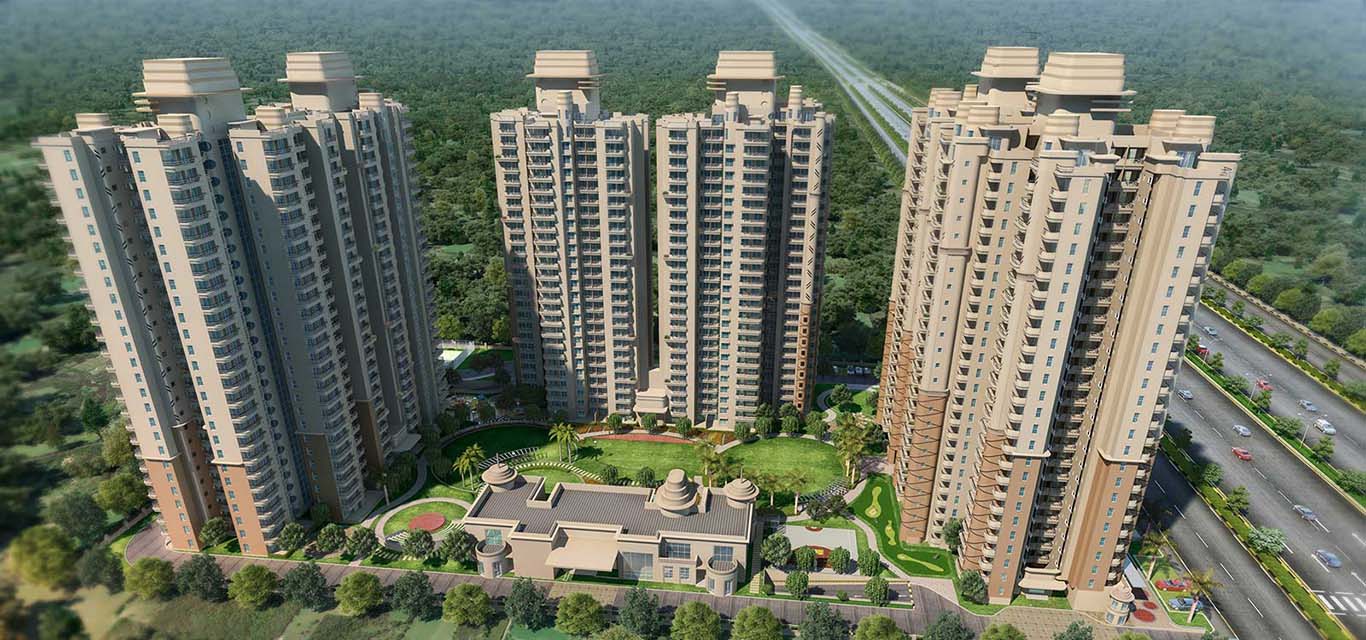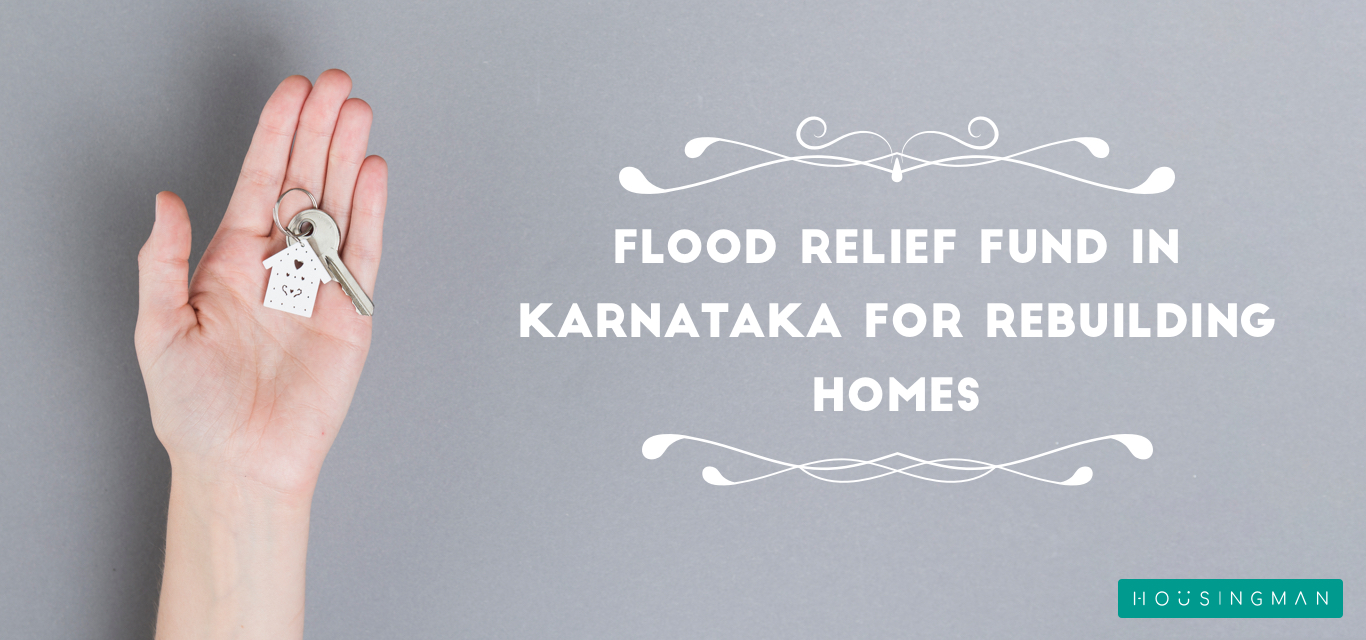India is seeing rapid transformation in the tax structure; all thanks to the present Government’s initiatives. The current government has been advocating transparency, clean practices and easier taxation methods. Ever since it came to power it has introduced an array of changes which are expected to bring the country closer to becoming a stronger economy. GST is one of the such futuristic changes that have recently been approved in the Upper House of Parliament, and is a hot topic of debate amongst all sections of people. Is GST really capable of bringing the revolutionary upliftment in Indian economy and in Real Estate sector in particular? Let’s try to understand.
What is GST?
The GST is a Value added Tax (VAT) that is likely to be a single tax applicable on goods and services. It is proposed to replace all other indirect taxes that a manufacturer or a service provider pays to Central and State Governments. Till now, the manufacturers paid various indirect taxes and landed up paying double tax to the State and Central Governments collectively. But with this common umbrella structure of taxation proposed by GST bill, the taxation process is going to be easier for the business owners.
How will GST impact real state?
Like all other sectors, Real estate industry in India is also waiting with bated breath to see the suspense around GST melting completely. What is GST rate going to be? Will it be higher or lower than all other existing taxes? Who will be the real benefactor of this single window tax system? – All these questions are calling for consuming debates and there are various possible ramifications being drawn by the real estate pundits. Since there are two possible scenarios emerging out of present situation, let’s assess the anticipations from both the buyer and the seller perspective.
First – How is GST going to impact the buyers
In the current taxation structure, a realtor has to manage multiple taxes such as Excise, VAT, Registration fee, Stamp Duty, Service tax etc. Some are charged by both the Central and State government, and others are levied by the state separately. Thus, overall impact of such complex taxation system is that the rate reaches almost 25%. The entities involved in real estate business do not know exactly how much tax they have paid under the overhead of the land, service tax, etc.
It is proposed by the Finance Minister that the GST will be levied at the minimum possible rate to ensure the best interests of both the buyers and the sellers. Some sources are hinting that the rate is going to be somewhere around 17% to 18%. Whether at a higher or a lower bracket, this proposition is certainly going to bring in smiles on the faces of people engaged in real estate industry.
GST is expected to streamline the whole taxation process. The buyers, at present, have no idea how much VAT or Excise or Service Tax has been included in the final sale value of the property. They are forced to rely only on the sales agreement clauses to understand the actual liability. With GST in place, the buyer will be able to understand the taxation structure clearly and may have better grounds for questioning the deal.
However, if the buyer is thinking of a ready-to-move-in property, he may not be experiencing any major change in the taxation structure owing to its present composition. GST is set to majorly affect those projects that are under construction or are proposed for construction. VAT, Excise and Service tax are some of the taxes applicable on the goods that a realtor might need to get from other states for completing a real estate project. The builder is not able to ask for input credits on these goods accordingly in the present set-up. With GST in effect, the builder will be able to enjoy free credits and would pass the relaxation to the customer, thus, the overall price will certainly come down at the buyer’s hands.

Second – How GST will affect the sellers
Real Estate Industry in India has provided employment opportunity to many people. It is the second-most influential sector contributing to Indian Economy. The real estate developers have seen tough times, of late, due to intricate taxation procedures and fall in demand of the units due to unpleasant lags in projects. Developers are looking at GST with all hopes. The reason, the developer is paying plethora of taxes during the procurement phase. The GST, with the streamlining of tax structure will help reduce the cost of construction. A realtor will be able to experience better cash flow and can safely expect the demand to rise and hence eventually an increase in sales leading to experience a hike, better stability and growth. Also, margins for the developer are likely to increase giving them much needed relief from the recent hiatus in the sector.
How GST is proposed to work
The talks have reached an agreement point and the State and the Center will be sharing the powers of collecting tax. All the construction builders whose turnover is more than 1.5cr in a single fiscal year will be tax-assessed by both the Center and State Governments in 50:50 ratio. On the other hand, those business entities that fall under 1.5cr turnover income slab will be divided into the ratio of 90:10 where 90% will be assessed by the State and the remaining will be the Center’s responsibility.
What is GST going to do for the real estate sector in the long run?
The real estate industry in India is expecting some game-changing events to occur with the implementation of GST. This sector, currently, is over-burdened with numerous taxes and the bad practices of a lot of unorganized builders. All coming under a common aegis of taxation is a fruitful situation that is likely to bring much-needed transparency and better cost evaluation. GST is going to affect real estate sector indirectly too. This tax promises better growth in economy which is always the main driver of growth in real sector.
So, the chances are that this proposed tax is going to be the Pied Piper for the real estate industry and all asset classes will spring back to activity after the long slump the economy has been through.
While the implications and the real results of GST will be known only 2-3 years after implementation, The tax rates have not yet been decided and it would be premature to comment and come on a conclusion at this point. The expectations are for real estate to be in the 12% bracket. The abatement rules as applicable under the service tax regime and the input tax credit facility for developers will determine if the effective tax incidence on real estate is lower or higher under GST.













